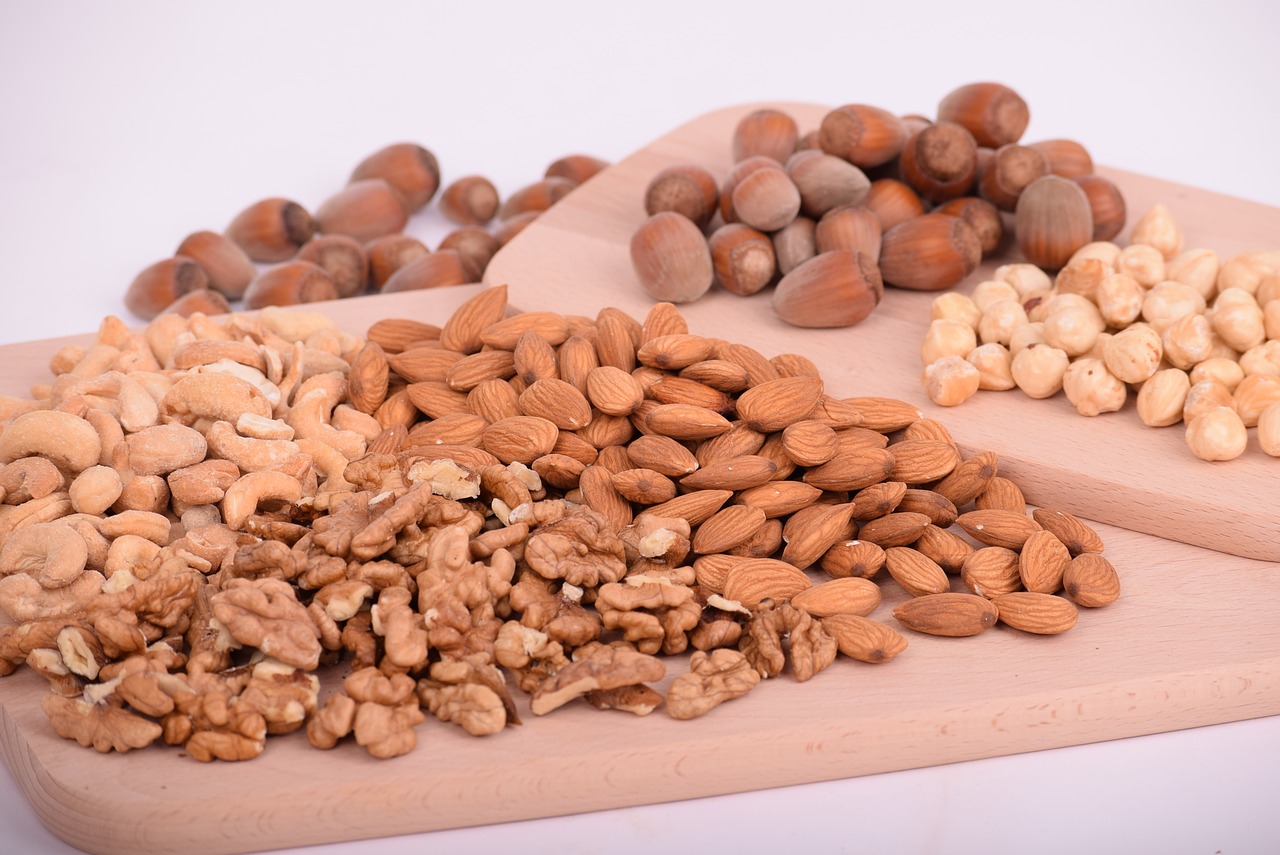
We all nod in agreement when others comment, “I have a slow metabolism” or “they simply have a fast metabolism.” However, do we understand what that entails?
How fast is your metabolism? Is it feasible to travel rapidly or slowly? Is it true that having a slow metabolism increases your chances of gaining weight? Is it true that when someone diets, their metabolism “shuts down”?
These are the questions that this article will attempt to address.
- IN YOUR METABOLISM, YOU ARE MORE THAN ONE THING
Our metabolism is frequently described as a single entity, as if it were a black box or a miniature engine via which everything enters and exits. However, the truth is that our metabolism is complex and influenced by a range of circumstances. In reality, our metabolism is the sum of all the metabolic processes occurring within our body.
The phrase “total energy expenditure” is a simple way to describe your metabolism. This means that your metabolism is the sum of the energy your body uses to function.
- METABOLISM ADAPTS TO YOUR PERSONALITY
The majority of us believe that our metabolism is a constant over which we have no control. As it turns out, this is not the case.
Indeed, we have a blog piece that details five distinct ways to boost your metabolism. As a result, there is significantly more room for manoeuvrability than many imagine.
To begin, you’ve just learned that your metabolism is composed of multiple components. It is composed of a range of diverse body components and functions. Additionally, you learned that you had some degree of control over certain components of it.
On the other side, your metabolism is incredibly “adaptable.” It will vary according on your everyday activities. Allow me to illustrate these two notions with a few instances. In one of the more intriguing experiments of the 1990s, scientists examined what happens to humans when their calorie intake is increased or decreased (1). They identified an interesting side effect of increasing people’s calorie intake: they began to burn more calories.
They raised their non-exercise physical activity and increased their movement. Their resting metabolic rate increased slightly as well, partially as a result of the enhanced thermogenic effect of meals and partially as a result of increased body mass.
When they decreased their caloric intake, the same phenomenon occurred, albeit in the opposite direction. When people’s calorie intake was reduced, their physical activity, thermic effect of food, and resting metabolism all decreased.
- YOUR OUTFIT IS MORE IMPORTANT THAN YOU BELIEVE.
While our resting metabolism makes up the majority of our metabolism, it is not as stable as many people imagine. Additionally, it has no discernible effect on weight growth or loss. The majority of evidence indicates that resting metabolic rate has no effect on weight gain or loss.
According to one study, a person’s NEAT played a significant role in explaining why some people who “overeat” gain a lot of weight while others do not (2).
Additionally, two studies of contestants on the weight-loss television show The Biggest Loser revealed that physical activity, including NEAT, was the strongest predictor of who regained their lost weight and who did not (3,4).
- IN YOUR BODY, METABOLISM DOES NOT “BREAK”
It is a widely held concept that individuals can gain weight as a result of a faulty metabolism. Fortunately, there is no indication that metabolisms may become “broken.”
Yes, when you lose weight, your metabolism slows down since you have less body weight, are less active, and have a lower thermic effect of food.
Your metabolism may also slow if you have significant hormonal imbalances, such as hypothyroidism. On the other hand, your metabolism does not “break”; it adapts to the stimulus you supply.
- YOUR RESTING METABOLIC RATE DOES NOT ASSIST IN WEIGHT LOSS.
There are various ways for calculating resting metabolic rate, each of which is more precise than the others. On the other hand, the accuracy of these tests is not critical because a person’s resting metabolic rate is not a particularly useful indicator for a variety of reasons.
To begin, neither food nor exercise have a discernible effect on the resting metabolic rate. We can calculate metabolic equivalents based on metabolic rates, however their precision is still debatable.
Second, the majority of studies indicate that resting metabolism does not appear to be a significant factor in weight loss (5). Your food intake and NEAT are far more significant for weight loss than your resting metabolic rate.









